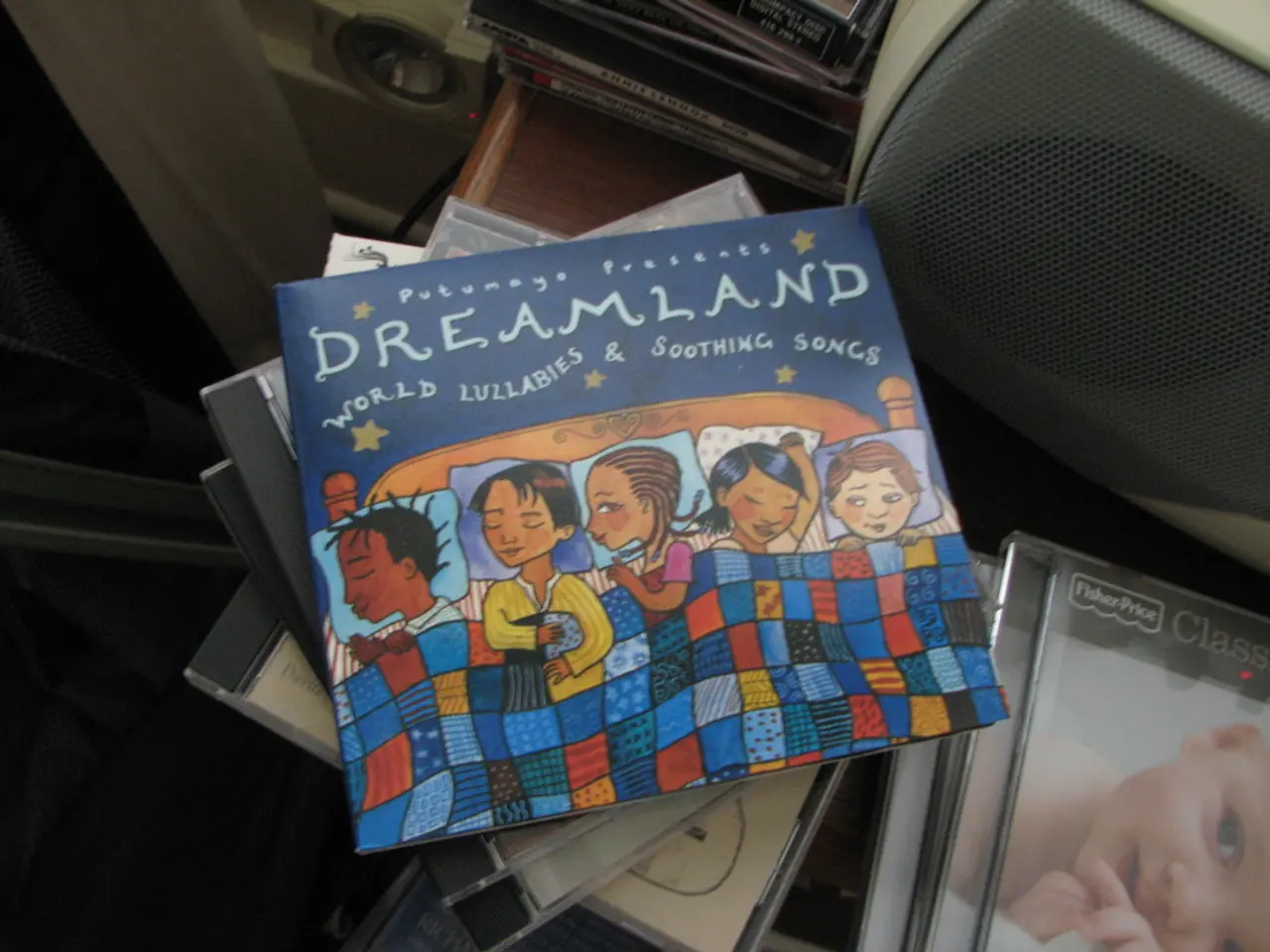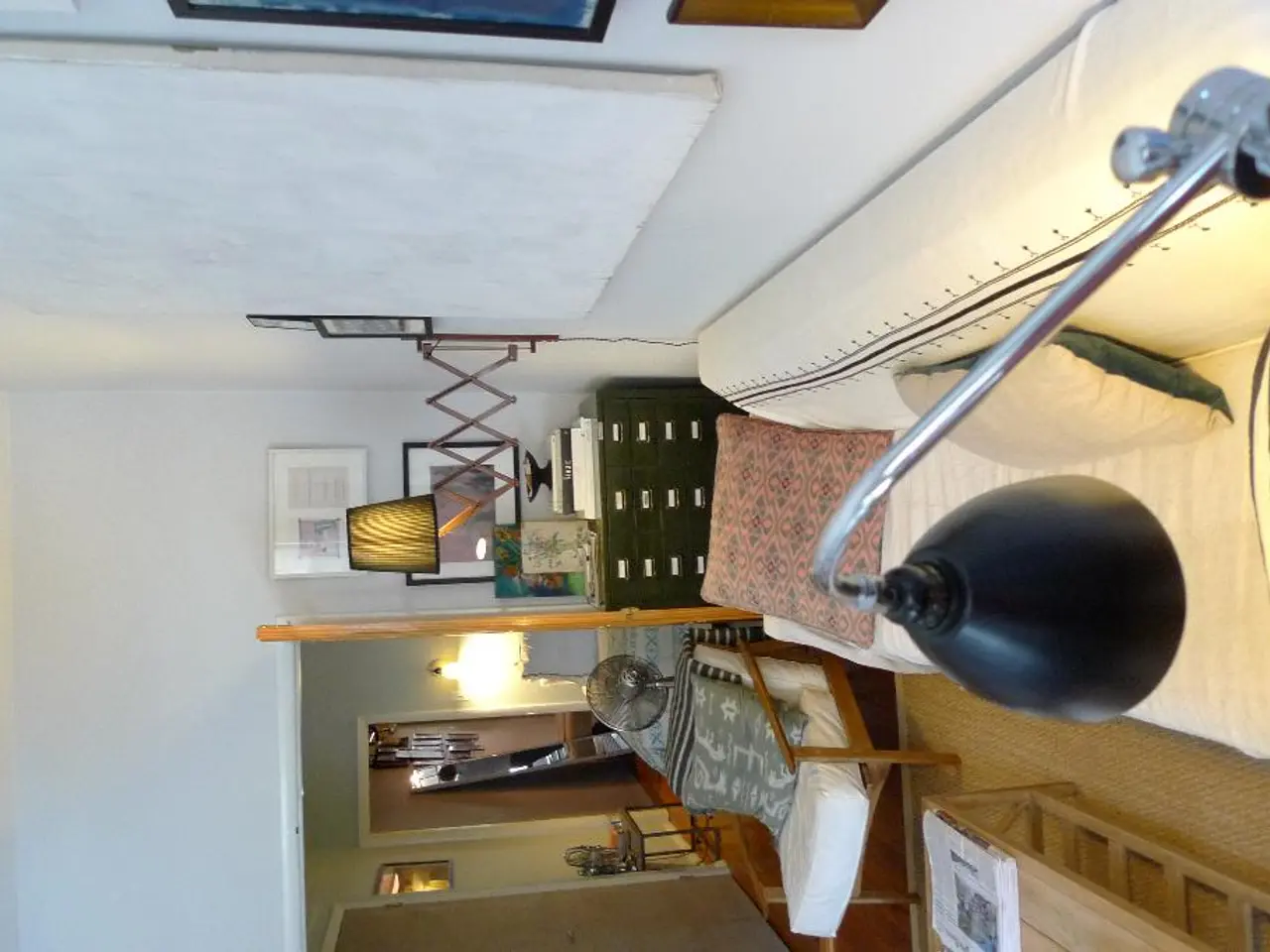Deepening Affordability Crisis in Greater Montreal's Housing Market
Montreal, once known for its relatively affordable housing, is now grappling with a persistent affordable housing shortage. Here's a closer look at the causes, the current state of affairs, and the proposed solutions to this pressing issue.
Causes of the Shortage
The affordable housing shortage in Montreal can be attributed to several factors:
- Rising Rental Prices: Over the past few years, the average asking rent for a two-bedroom apartment in Montreal has skyrocketed by nearly 71%, making it increasingly difficult for many to afford housing[3].
- Low Vacancy Rates in Affordable Units: The vacancy rate for apartments priced below $1,150 is under 1%, while higher-priced units have significantly more vacancies[2]. This discrepancy highlights the specific shortage in affordable housing.
- Structural Issues: Factors such as consistent rent hikes approved by Quebec's housing tribunal and the structural nature of the housing market encourage tenants to hold onto their current apartments, further limiting the available housing stock[3].
Current State of Affairs
The affordable housing crisis in Montreal is far from over:
- Vacancy Rates: The vacancy rate for rental housing in the metropolitan region has risen from 1.5% in 2023 to 2.1% in 2024, but is still below the historically suggested equilibrium threshold of 3%[4].
- Median Rents: The median rent for occupied units increased by 2.8% during the same period, reaching around $1,000[1]. Meanwhile, the median rent for vacant units has exceeded $1,500, increasing by 46% from 2021 to 2024[1]. This situation is particularly marked for two-bedroom apartments, which represent more than half of the rental market[5].
- Access to Affordable Housing: Access to affordable housing remains very limited, according to a recent report[5].
Proposed Solutions
To address the affordable housing crisis, several measures are being proposed:
- Increased Social Housing Construction: FRAPRU is advocating for the construction of 150,000 social housing units over the next 15 years to address the shortage[1][2].
- Doubling Rental Units: FRAPRU suggests doubling the number of housing units in the rental market over the next 15 years to meet the demand for affordable housing[2].
- National Housing Strategy: The government has launched a national housing strategy aiming to build 56,000 rental units per year, but it lacks specific targets for social housing[2].
- Emergency Supports: Providing temporary accommodations and emergency shelter services for those in immediate need is crucial while longer-term solutions are developed[1].
- Policy Reforms: Advocates are calling for policy reforms to control rent increases and protect vulnerable tenants, addressing the root causes of the affordability crisis rather than just its symptoms[3].
In addition, the CMM and the administration of Valérie Plante recommend increasing the proportion of non-market housing, aiming for 20% of the park by 2046[6].
As of July 1, 2024, over 2,000 tenant households were still looking for housing and were assisted by a service, an increase from 1,700 the previous year[7]. A household looking for a vacant unit now has to pay a median rent that exceeds 60% of what established tenants pay[5]. For the third year in a row, the vacancy rate for units with rents below the average has decreased, reaching a "critical availability of 0.4%" last year[8].
Montreal currently ranks 17th among Canadian cities where housing is most expensive[9]. A study published by Statistics Canada showed that the average rent for a two-bedroom apartment in Montreal was $1,930 in the first quarter of 2025, a 71% increase from 2019[9].
Sources:
- FRAPRU
- The Conversation
- The Montreal Gazette
- Le Devoir
- CBC Montreal
- CMM
- Société d'habitation du Québec
- The Montreal Gazette
- Statistics Canada
- The rising demand for French-speaking communities, such as Montreal, has not only led to a surge in the housing market, but also resulted in increased investment in the real-estate sector, as more people look to purchase or rent homes.
- In response to the affordable housing crisis, many individuals are turning to financial planning and strategic housing decisions, like opting for smaller homes or houses with lower maintenance costs in the home-and-garden sector, as a means to reduce housing expenses.
- With the housing market showing no signs of slowing down and affordable housing options becoming increasingly scarce, there's a growing need for reformed policies to improve accessibility to housing that cater to diverse budgets and lifestyles, upholding Montreal's reputation as an attractive destination for finance, commerce, and French culture.




